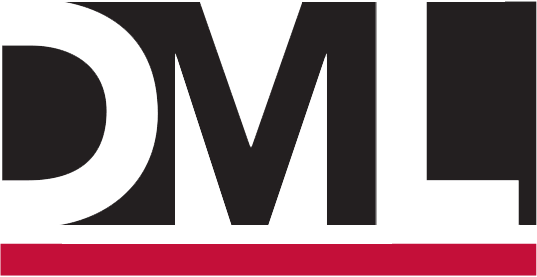Skill Building in the Therapeutic Alliance and Collaborative Treatment and Documentation
Workshop
Description
Helping people change involves engaging patients and building a therapeutic alliance. This workshop will review how people change and the importance of the alliance in treatment outcomes. Using the structure of stages of change work and motivational interviewing, this workshop is designed to enhance alliance-building clinical techniques.
To empower people in a self-change process, the recovery and treatment plan truly becomes the written expression of the therapeutic alliance with the patient. The treatment plan and ensuing progress notes should reflect an agreement on goals and strategies and methods with the participant.
Clinicians struggle with how to focus and target treatment; how to change old ways of documentation to reflect individualized treatment, and how to effectively engage the patient into a cooperative and accountable recovery plan.
This workshop will improve participants’ knowledge in providing focused, targeted, individualized treatment. It will provide the opportunity to practice assessment and priority identification, and translate that into a workable, accountable recovery plan that makes sense to the patient.
Objectives
Participants will
Describe key concepts about how people change and the impact of the therapeutic alliance on treatment outcomes.
Identify how to build an alliance in a short time frame and facilitate self-change.
Review principles of individualized treatment planning and collaborative services.
Apply ways to individualize problems, goals, strategies and progress notes that have patient “buy-in” and commitment.
Workshop Agenda
9:00 AM A. How People Change
Findings from 40 years of psychotherapy research
Research on the Therapeutic Alliance – key principles
Treatment as an adjunct to self-change
B. Engaging People in Collaborative Self-Change
Stage of change
Developing the Treatment Contract
10:30 AM Break
10:45 AM C. Principles of Focused, Targeted Treatment Planning
Why treatment plans and why use them?
Common documentation issues for improvement
D. How to Organize Assessment Data
Multidimensional assessment – ASAM Criteria dimensions
Moving from assessment to treatment plans
E. How to Target and Focus Treatment Priorities
Using the multidimensional assessment to identify priorities
Treatment planning and documentation skills
problem identification; measurable goals; progress notes
12 Noon Lunch
1:00 PM F. Making Treatment Plans a “Living” Document
Dealing with meaningless paperwork
Implications for Documentation forms and Client Records
Changes necessary to “re-tool” treatment planning and services
2:30 PM Break
2:45 PM G. Case Consultation and Systems Issues
Dealing with angry and resistant behavior if mandated
Using a flexible continuum of care to plan for community reintegration
Next steps
4:00 PM Adjourn
